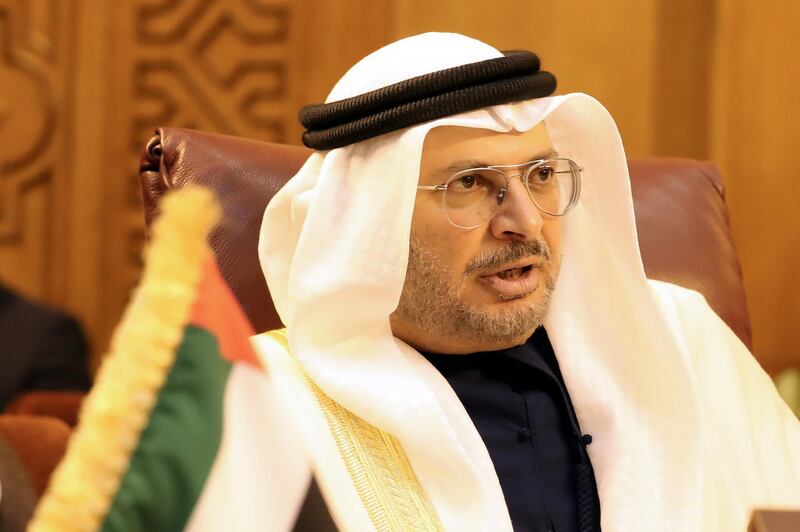If we have learned anything at all about the modern Middle East, it is that the region rarely gets it right when it comes to political transitions and revolutions. More often than not, violent free for alls win out over peaceful changes in power. Fragile states collapse into failed ones and the most ruthless actors like ISIS and Al Qaeda gain advantage just like Iran, which plays a disruptive role in the region. In this gloomy landscape we, in the United Arab Emirates, have charted another course.
Our system of government has delivered stability and prosperity to our citizens. Just a few miles away from Iran’s outdated theocracy, we are preparing to launch a probe to Mars next year. Conscious that our continued economic growth needs stable foundations – in the form of a contented population and the rule of law – we conceived the most progressive and successful model of government in the region. Internal stability, however, is not enough, as we witnessed with the recent incident in our territorial waters off Fujairah. We called for de-escalation, acted responsibly to preserve peace and security beyond our borders as well, which is a hard challenge.
No outside country will any longer guarantee regional security, as Britain once did, and as the United States did until recently. We must step up, and so we have – giving the highest proportion globally of our national income in aid, to stabilise economies in Egypt, Somalia and elsewhere; investing across Africa and Asia; and facilitating diplomacy between Ethiopia and Eritrea, and India and Pakistan.
The UAE has made sacrifices to support the legitimate government of Yemen against Houthi militants on the one hand and Al Qaeda and ISIS on the other. And we have donated generously to Sudan, which is casting off the yoke of a Muslim Brotherhood government that combined extremist ideology and military rule.
High on our agenda at present is Libya where Europe, the UAE and like-minded regional states have a common interest. Neither Europe nor North Africa, even less so Egypt, the most populated Arab country, can afford a failed state on their doorsteps. Chaos in Libya has already led to the re-emergence of Al-Qaeda and ISIS in the capital, Tripoli. If that chaos continues, it could be contagious in ways that are hard to predict.
In a situation where there is no effective central government, and where local armed groups cannot always be trusted, the fight against terrorism must continue; the best partners must be found for it, and tested through experience. Yet all this must be subordinate to the most important objective of all, which is to achieve a durable and peaceful political settlement.
We therefore are strong supporters of the work of Ghassan Salame, the United Nations envoy to Libya, in seeking a political solution to the country’s eight-year-long crisis. In February we brokered an agreement between Libya’s warring parties, hosting both the Tripoli-based political leader Fayez Al Sarraj and Libya’s army chief Khalifa Haftar in Abu Dhabi. Regrettably extremist militias in Tripoli subsequently derailed this agreement in a bid to take control of Libya’s future, Islamist and jihadi groups uniting in support of Al Sarraj. It raised the question, as Jean-Yves Le Drian declared recently, “of the ambiguous attitude certain groups linked to political Islamism have with jihadists”.
The solution to the present crisis is clear enough: immediate de-escalation, and a return to the United Nations-led process, leading to credible and peaceful elections. Whoever wins those elections must be capable of unifying the country, resolutely combatting terrorist groups, and redeveloping the shattered economy. In the Middle East, there are no easy decisions. Often, we are faced with the “least worse” of difficult choices, choices that are not always exactly as Western commentators would wish.
But the new reality is that Arab states are taking more responsibility for their own and the region’s security. The UAE will always act with good intentions and with like-minded partners such as France to protect the best interests of the region and its people. And the chief interest is stability and orderly transitions. All else – economic growth, religious tolerance, improving governance – cannot happen without it.
This article was originally published in French in Le Journal du Dimanche





